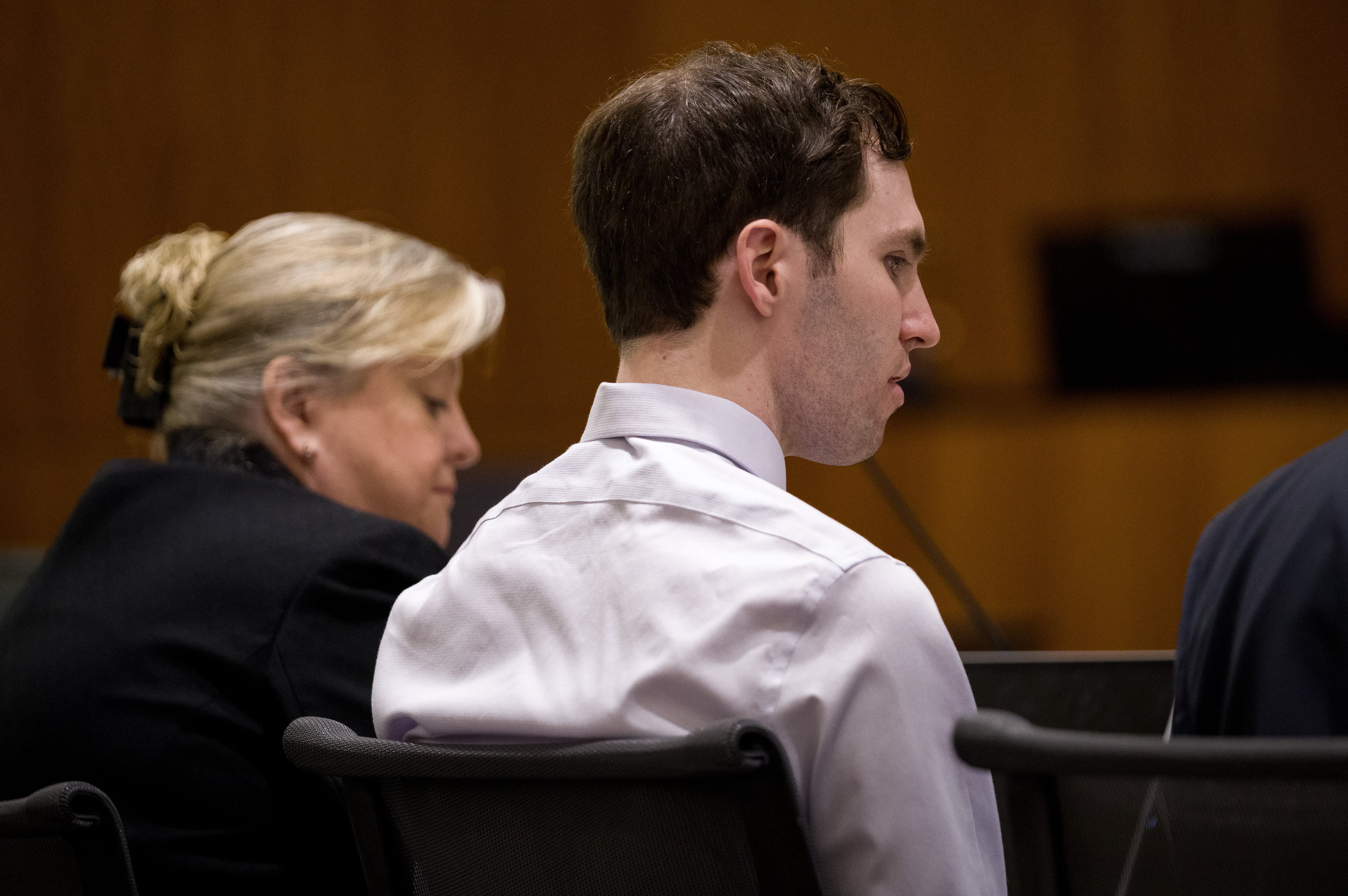Doctors & Sex Abuse: In Texas case, 17 patients reported abuse, but the doctor still practices

A few blocks north of the University of Texas campus, Dr. Philip Leonard practices medicine in the same office where he allegedly touched 17 female patients in highly inappropriate ways.
Leonard’s case is a powerful example of the difficulty in prosecuting a well-connected doctor and how that can force a medical board into compromise.
When the Texas Medical Board reviewed the patients’ statements 13 years ago, it judged them “credible and reasonably consistent” and suspended Leonard’s license.
Although several women went to the police with their complaints, the Travis County attorney’s office took only one of the women’s cases to trial. When it ended in an acquittal, the medical board allowed Leonard to practice as long as he treated only male patients for 10 years. In 2014, he became eligible to treat women again.
“What (Leonard) did was clearly an abuse of his power over these women,” said Dr. Lee Anderson, a Fort Worth ophthalmologist who served as the board’s president at the time. “But the ugly reality is, what can we actually achieve? I’m certain the acquittal had something to do with softening the suspension.”

